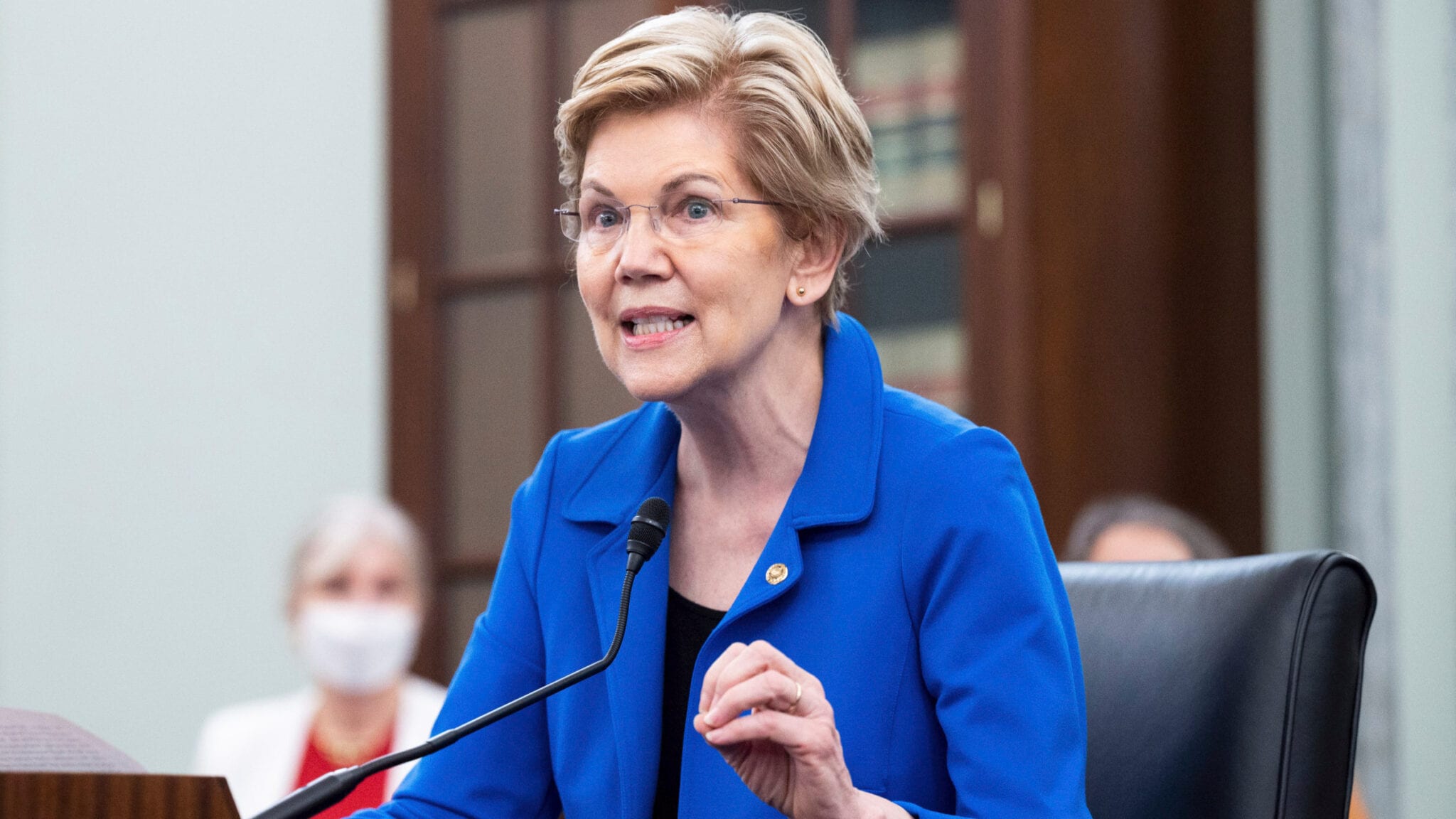
Sen. Elizabeth Warren (D-MA) (Michael Brochstein/Sipa USA/Sipa via AP Images)
Sen. Elizabeth Warren urges FTC to 'scrutinize' two pharma buyouts
Sen. Elizabeth Warren (D-MA) is calling on senior Federal Trade Commission officials to “closely scrutinize” two proposed pharma mergers.
Sign up to read this article for free.
Get free access to a limited number of articles, plus choose newsletters to get straight to your inbox.